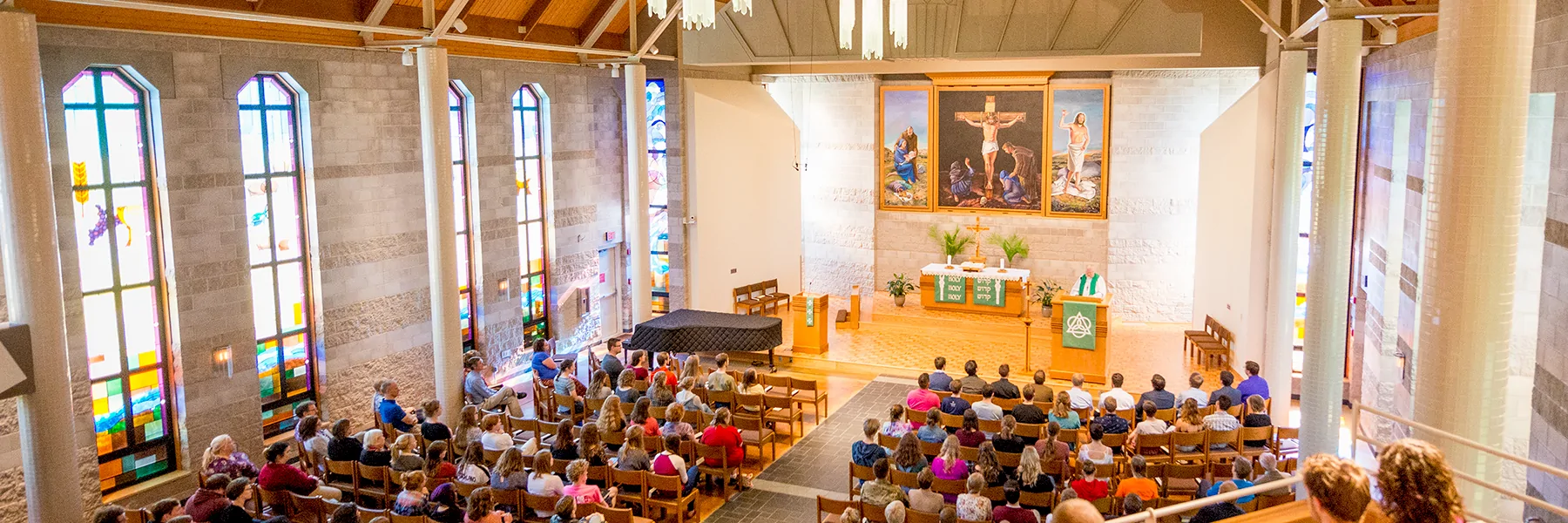Listen
Order of Service
COMMEMORATING THE WORK OF
THE HYMNWRITER & COMPOSER
JohannesCrüger
ORDER OF SERVICE
Prelude
Hymn 292, vv. 8 & 13, O Dearest Jesus
Hymn 263, vv. 2 & 4, Jesus, Priceless Treasure
Hymn 63, vv. 1 & 2, Now Thank We All Our God
Hymn 341, vv. 5 & 6, Awake, My Heart, with Gladness
Postlude
Johannes Crüger
Johannes Crüger was born in 1598 in Lower Lusatia (now a part of eastern Germany) and is remembered as a Lutheran composer, music teacher, and theorist. He died in Berlin on February 23, 1662, 350 years ago today.
Crüger traveled extensively through central Europe as a student (Austria, Hungary, Bohemia, Moravia), became a family tutor in Berlin when he was 17, and studied theology at the University of Wittenberg. When he was 21 he started publishing music in Berlin, and at the age of 24 he was installed as kantor (director of music) and teacher at the Nikolai Church and the Gymnasium (school) of the Gray Cloister.
He composed a number of works for the school, including polyphonic motets for the younger singers based on texts of Scripture and the Catechism, and he arranged the old Lutheran chorales in new Baroque harmonies and rhythms for use in church, school, and home. During this time the organ became more important as an accompanying instrument for congregational singing, and his harmonizations were created with that instrument in mind. Crüger was friends with many of the prominent theologians and preachers of his day, and he is remembered for his musical collaboration with Paul Gerhardt, one of the most important poets of Lutheranism at that time. The Gerhardt/Crüger "team" created a number of hymns which remain among the most cherished of the chorales (Lutheran congregational hymns composed between 1520 and 1750), and a number of Crüger's tunes appear in hymnbooks of many denominations.
It is not an easy thing to compose hymn melodies. Tunes must be interesting and challenging to be memorable, but they must also be approachable enough to encourage and inspire the unrehearsed and musically diverse congregation. Crüger's tunes provide a model for hymn-tune composers. Good hymn tunes, like good hymn texts, will not draw attention to poet and composer. Rather they will follow the lead of John the Baptizer in their preaching. They will decrease so that the Christ they point to will increase.
We are grateful to know and use Crüger's hymntunes. They provide us a vehicle to proclaim the ever-new song of the Gospel to a world burdened with the refrain of anguish and death.
- D. Marzolf

